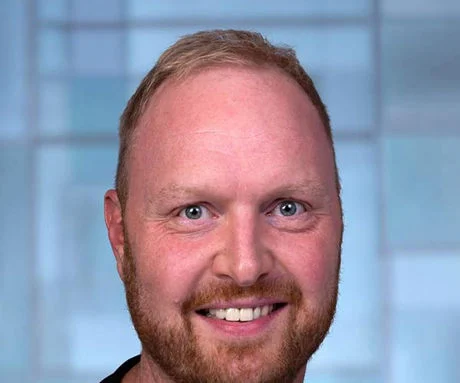Visioning and road mapping
How can you map a route to a better future? We use participatory ‘world-building’ techniques and speculative design to help you and your stakeholders articulate new futures for your organisation. Our methods challenge assumptions, inspire and provoke change and help you make informed decisions to achieve ambitious and transformative outcomes.
Futureproofing plans and strategies
How can you stress-test designs and decisions? We have created a unique evidence-led approach that incorporates practical foresight into planning, design, engineering projects and workflows. We work with you to understand your needs and then apply tangible insights from our tools that help you navigate disruption across increasingly uncertain and complex futures.
Future literacy
Teams and leaders need to gain the ability to consider the future – and the confidence to respond. We train your team in techniques that underpin this skill, and develop tools, assets and methods that will embed this capability in your organisation’s operations and culture.
Engagement and facilitation
Often the best decisions are reached only when everyone has participated and been heard. Our expert facilitators are experienced in managing and gathering insights and consensus from large and diverse groups of stakeholders. We use engaging and inclusive workshops and events to explore more robust, challenging and impactful ideas about the future – whether that relates to an organisation’s direction, new products, services or any other priority.
Identify risks and opportunities
What risks and opportunities are you not thinking about? We use our extensive trends and signals libraries, our understanding of change, creative and design-led research and our unique network of technical experts to help you identify emerging risks as well as future opportunities.











